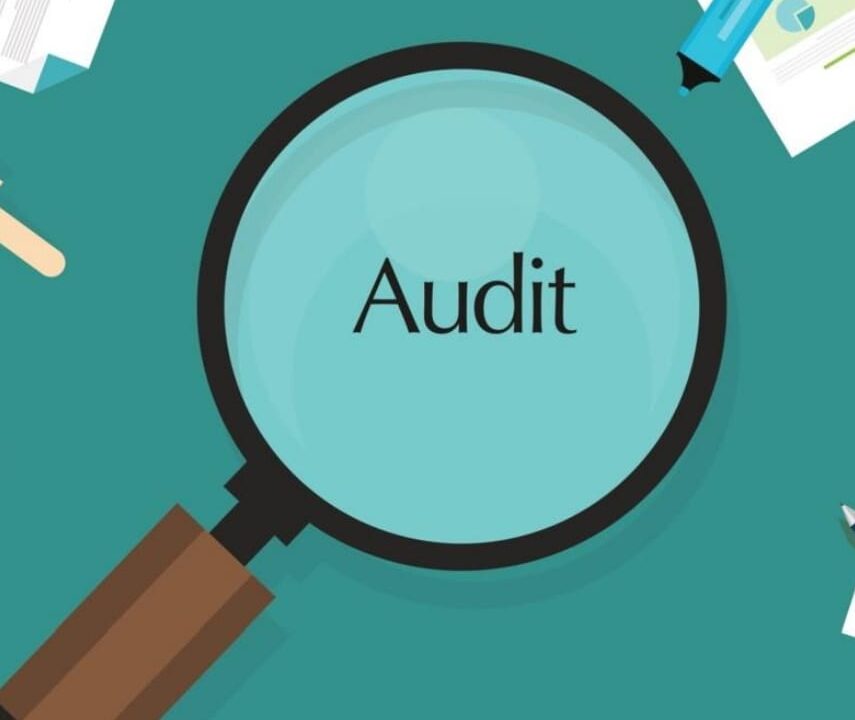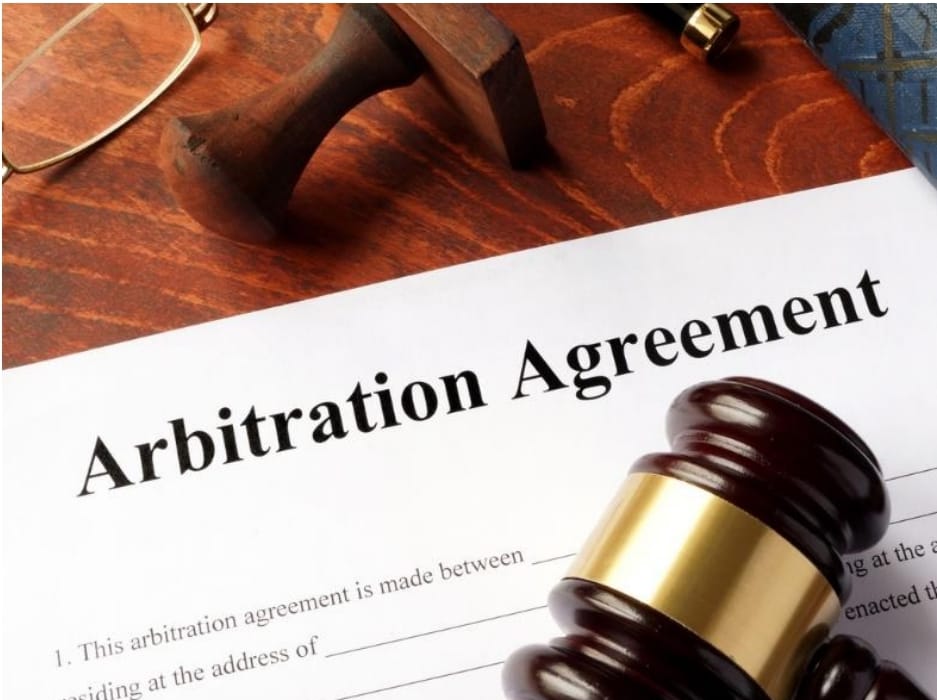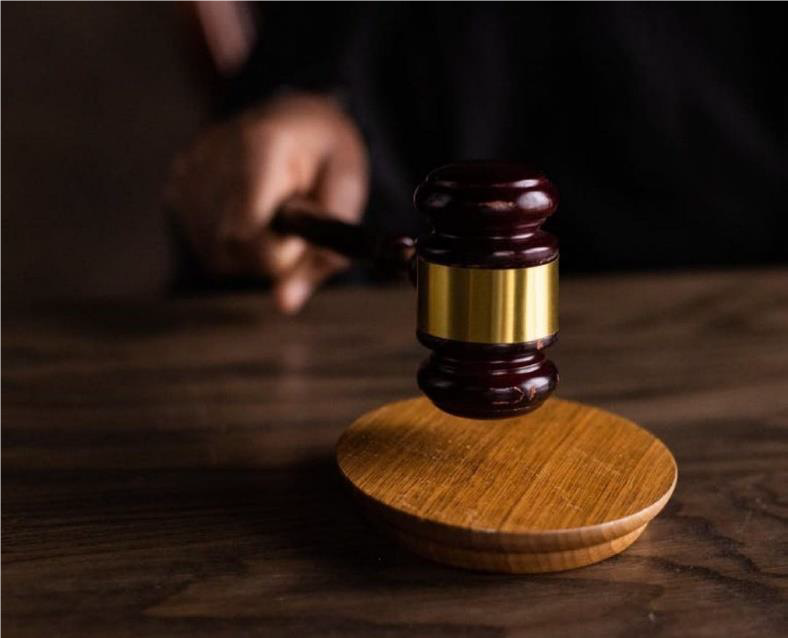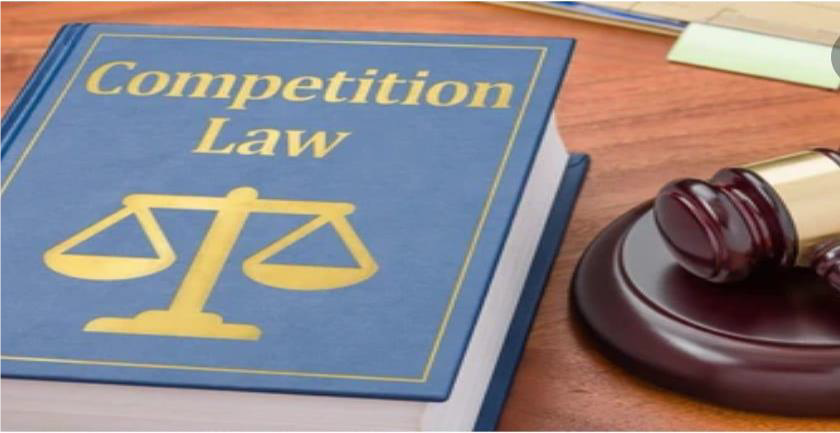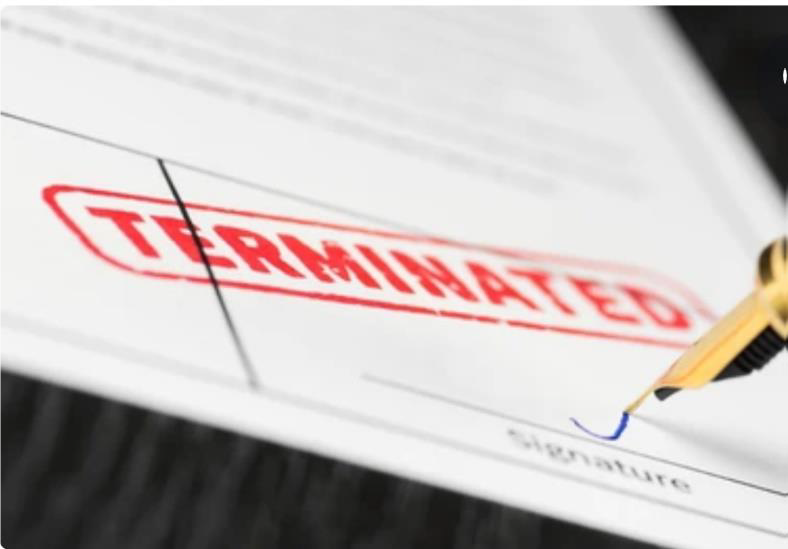ArticlesGovernanceTHE NIGERIAN DATA PROTECTION BUREAU ISSUES A DRAFT CODEOF CONDUCT FOR DATA PROTECTION COMPLIANCE ORGANISATIONS
Under the Nigerian Data Protection Regulations 2019 (NDPR), a Data Protection Compliance Organisation (DPCO) is ‘any entity duly licensed by [the Nigerian Data Protection Bureau] for the purpose of training, auditing, consulting and rendering services and products for the


